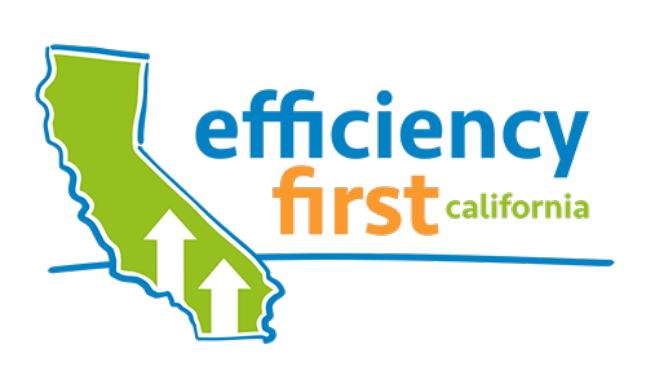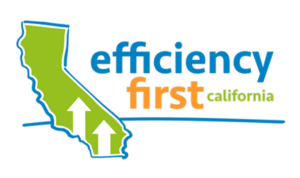If you haven’t noticed, heat pump water heaters are getting a lot of attention lately, and the volume is about getting turned way up on this technology. Why now, and what is the big deal about heat pump water heaters (HPWHs)?
First off, you need to know that the two most significant residential energy loads are thermal loads. Thermal load is a fancy way of saying related to heating or cooling. The number one residential load is space conditioning, which most of us refer to as heating and cooling. The second biggest load is heating water. It takes a lot of energy to make hot water.
The most efficient way to heat water is with an electric heat pump water heater or HPWH. HPWHs extract heat from the air surrounding the unit and use it to heat water. Although this might seem like magic, it is a time-tested technology. Air conditioners employ the same principle to remove heat from inside your home and transfer it outside. Refrigerators are heat pumps and use the same technology to remove heat from inside their insulated boxes. The magic is the work of refrigerants used to transfer heat from one area to another.
California is working hard to reduce greenhouse gas emissions. Residential emissions are significant, primarily due to our heavy reliance on natural gas as a fuel source. Replacing residential natural gas water heaters with heat pump water heaters has several advantages. First off, heat pump water heaters are the most efficient way to heat water, period. Another benefit is that they are electric, which means they can be powered by clean energy on the grid or produced electricity from solar panels. Heat pumps rely on refrigerants to move energy rather than creating heat with combustion (flame), making them much safer than gas appliances. A frequently overlooked benefit is the ability to use water heaters as storage. When solar production is high, excess solar production can be diverted to water heaters late in the afternoon, making them an energy storage device. Water heaters store the energy in the form of heat, which is available later after the sun goes down.
State policymakers are counting on heat pump water heaters to help meet the state’s ambitious climate goals. As a result, there are multiple rebate programs in place or rolling out across California, with significant discounts.
SGIP (Self-Generation Incentive Program) and TECH (Technology and Equipment for Clean Heating)
The incentives for HPWH are about to get a massive shot in the arm from two new sources of funds. The first is the Self-Generation Incentive Program (SGIP) which is rolling out $30M in rebates for HPWHS. SGIP is most interested in the ability to manage grid loads with HPWHs.
Another program is the TECH program, which is a part of SB 1477. The TECH program intends to spur the development of low-emission space and water heating technologies. The TECH program has $40M allocated to heat pump water heaters this year.
Combined, these two programs alone pour over $70M of rebates directed at increasing the adoption of heat pump water heaters. Perhaps this explains why everybody is talking about this technology.
My advice to contractors is to embrace the technology, do some research, and add it to your list of offerings. With this level of financial support from the state, it won’t be long before your customers are asking if you can install one in their homes.
Charley Cormany
Executive Director
Read Advocacy Update from last month: Advocacy Update, March 2021
Get Our Monthly Advocacy Update – Sign Up For Our Newsletter


